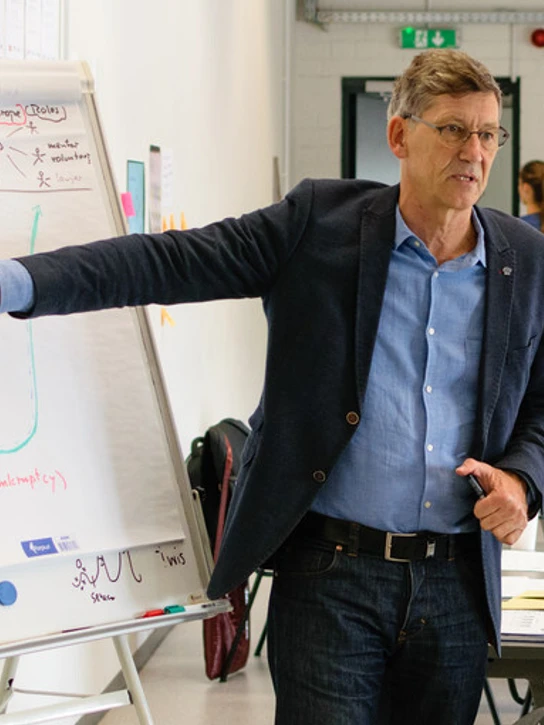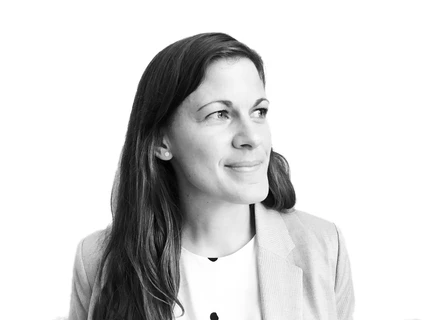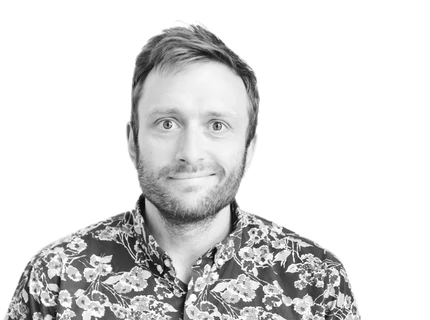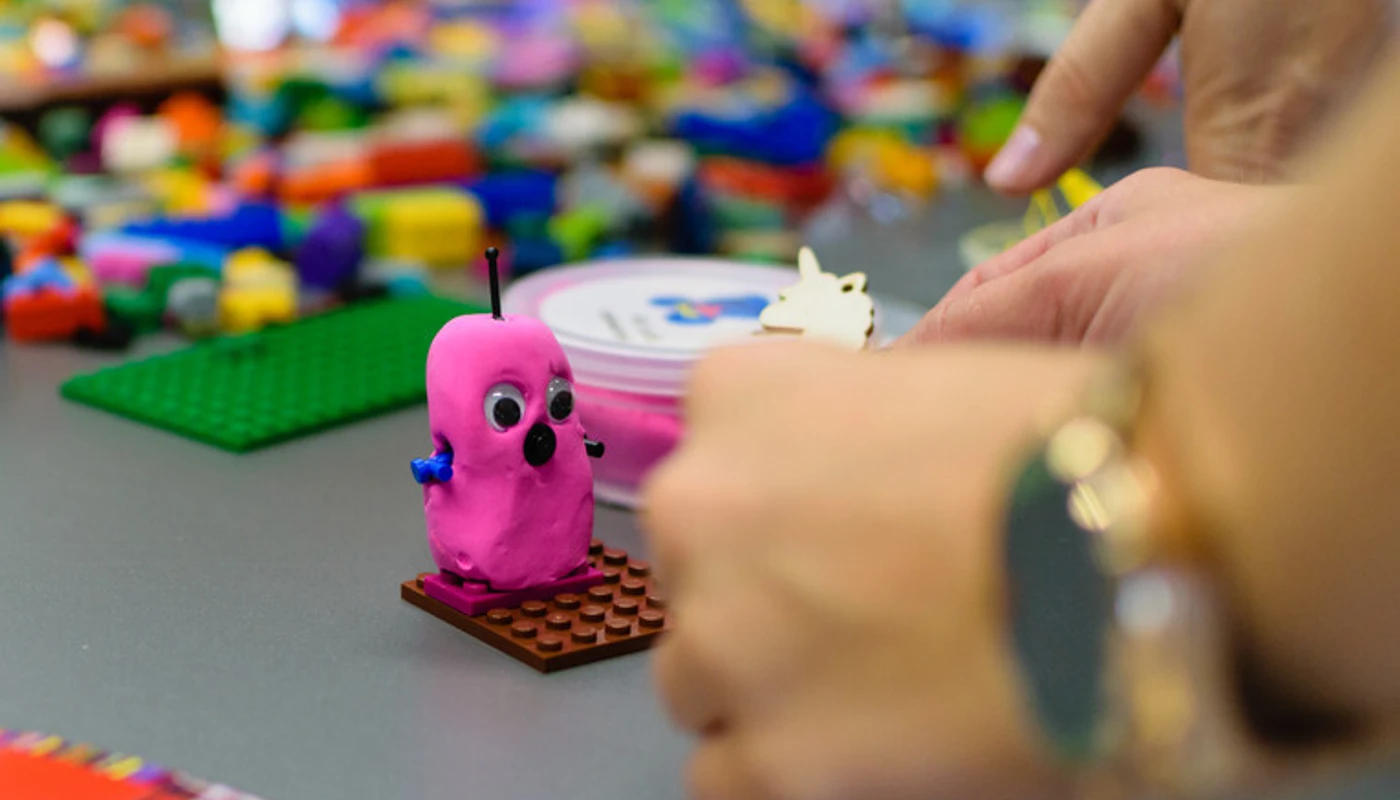
Restart BSR Restart SMEs in the Baltic Sea Region
- Deltagere fra Designskolen Kolding
-
Sara Groth
Alexandra Lindek
Stinna Hougaard Vinther Sørensen
Mathias Poulsen
- Forsknings- og udviklings projekttype
- Forskning og udvikling
- Projektperiode
- 2019 - 2021
- Projektledelse
Lower Silesian Intermediate Body, Poland
- LAB
- LAB for Bæredygtighed og Design
- Samarbejdspartnere
- Lower Silesian Intermediate Body, Poland
Vilnius Gediminas Technical University
Latvian Technological Center Foundation
Ministry of Economics of the Rep. of Latvia
Harju County Entrepreneurship and Development Consultancy
About the Restart BSR project
When a company is in crisis, potentially caused by a larger, external crisis such as the COVID-19 pandemic, it has immediate and far-reaching consequences for the future of the company, as well as for its owners, their relationships, and for society as a whole. It may be most urgent to alleviate the immediate crisis, but it is equally important to learn how to survive and thrive in the new reality long-term.
Most owners furthermore find themselves in a deep, personal crisis, and it is not uncommon that this crisis is accompanied by feelings of guilt and shame. Too many business owners feel isolated with their problems, and because many people consider crisis and failure to be taboo, it is rarely something they talk about openly.
The Restart BSR project addresses both the business dimension and the personal dimension of innovation and crisis management.
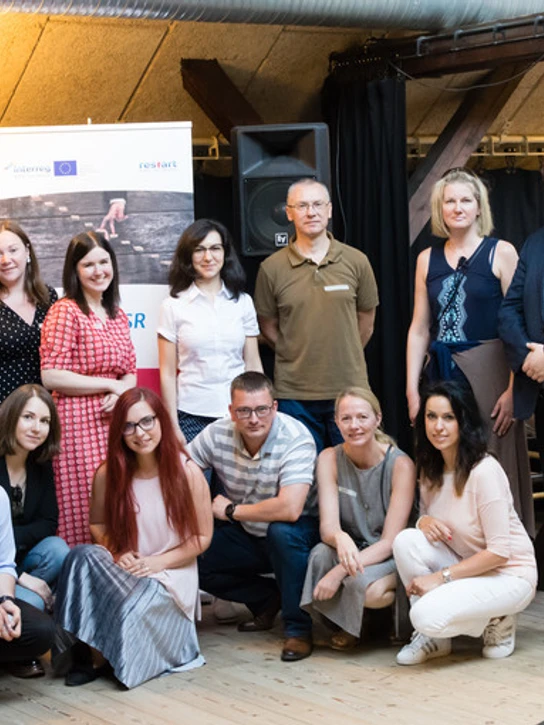
Purpose
The Restart BSR project develops new crisis management initiatives for the Baltic Sea Region in order to help SMEs in crisis and avoid bankruptcies. From the perspective of Kolding School of Design, the main focus is to use design thinking to empower business owners and to cultivate a more open, trusting business climate in which owners feel confident to talk about the challenges they face and the failures and losses they have experienced.
Through design thinking, our efforts aim to help business owners regain their self-esteem and confidence, support the development of new, competitive and sustainable business models, and help restarters use their experiences from a business failure to create sustainable growth.
Methods and results
We have developed a concept for design-based innovation to guide and support the process from crisis management towards sustainable innovation and new growth. The concept draws on a range of design thinking approaches and tools, none of which are to be seen as quick fixes. Instead, they all require a sincere, dedicated effort and a critical look at the current practices.
Throughout the project, it has become even clearer that to break down barriers to change, it is essential to understand both the professional and personal dimensions. To achive this, we operate with two parallel journeys for business owners: the Growth Journey and the Personal Journey.
To support the process of planning for sustainable innovation and to identify the next best steps to take, we developed the design-based model “Future Vision”, a holistic framework for planning for a desirable future. Based on the results and insights from the project, we continue to explore the value of design-based innovation in crisis management, and how design can bridge the gap between the crisis of a company and the ensuing, personal crisis.
